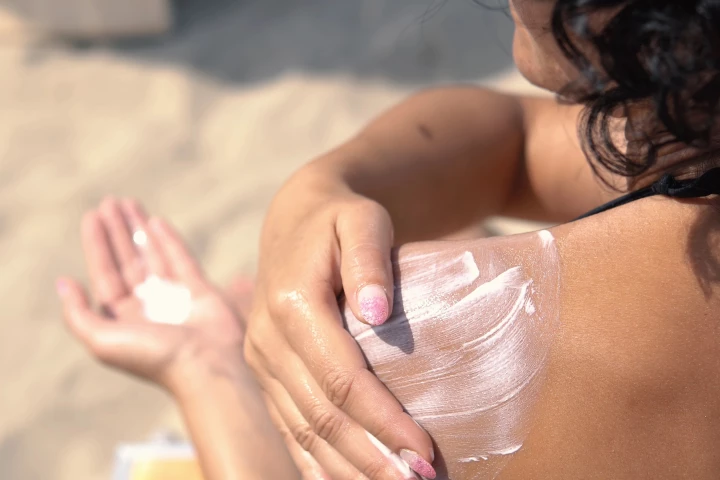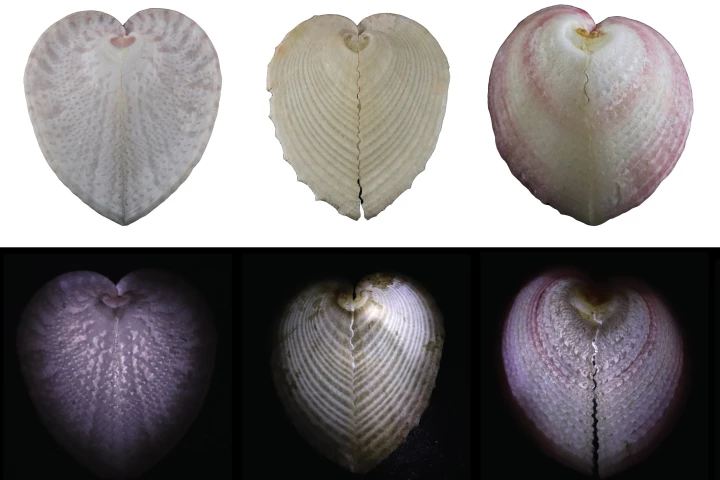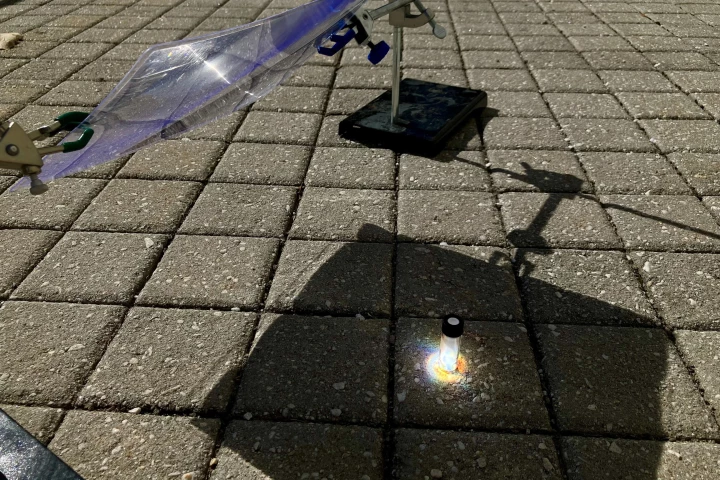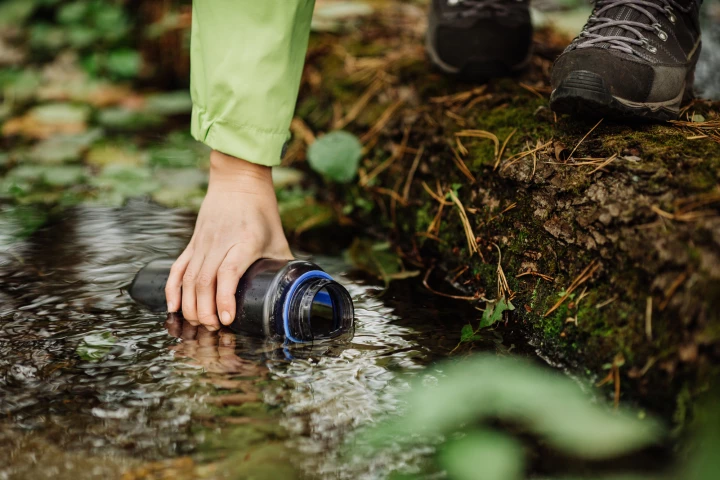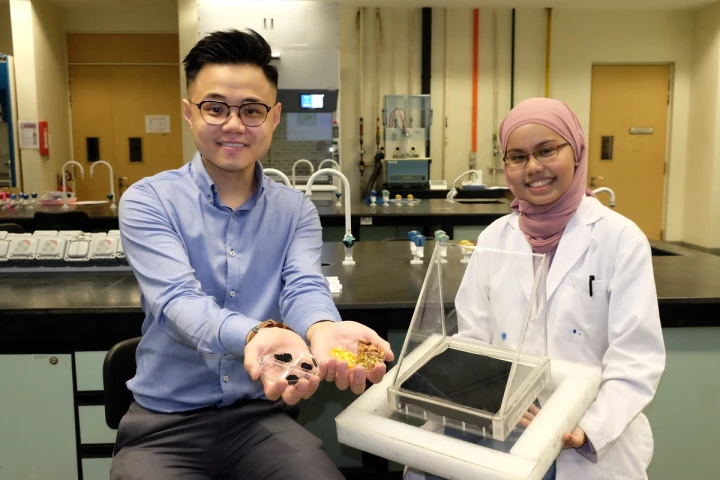Sunlight
-
Good things happen when Sunlight launches a new concept camper van. This time, it's the Volkswagen Ibex camper concept, a modified adventure van built to "outdrive the ordinary" and navigate through terra incognita to a grander grade of adventure.
-
Pine cones are pretty smart for things with no brains, enough so that scientists have copied them to create a unique window shading system. The setup blocks sunlight in the summer and lets it through in the winter, without using any electricity.
-
Although sunscreen does help protect our skin from the sun's harmful UV rays, it isn't designed to keep that skin cool. An experimental new sunscreen does that very thing, however, while maintaining an SPF rating of about 50.
-
When it comes to technologies used only by humans, you might think that fiber optics would rank right up there. Such is apparently not the case, however, as scientists have discovered that a certain clam uses "fiber optics" of its own to get food.
-
Many objects are made of black plastic, which has so far proven to be very hard to recycle. US scientists have devised a new method of recycling black polystyrene, however, using sunlight and an ingredient that's already present in the plastic.
-
Scientists in Canada have demonstrated a promising new device that can purify a gallon of water a day, for just a few cents per gallon. Better yet, it’s made of old tires, and can even generate small amounts of electricity.
-
As the daylight hours shrink and temperatures drop, it's easy to spend more time indoors. But new research has shown that by self-monitoring time out in the sunshine – also linked to physical activity – can help treat seasonal mood disorder symptoms.
-
Thanks to a recent discovery regarding marine algae, scientists have developed crop plants that absorb a fuller spectrum of sunlight, resulting in better growth. The finding could also lead to increased production of biofuels.
-
Scientists have demonstrated a new ultra-white ceramic material that drastically cools buildings, with record-high sunlight and heat reflectivity. The beetle-inspired material gets its ability from its nanostructure and should be easy to mass produce.
-
Scientists have discovered that the Sun produces higher energy light than was thought possible. An unusual type of telescope detected gamma rays with energies of over 1 tera electron volt, at least five times more energetic than previously known.
-
If you leave a clear bottle of water in the sunlight, the UV rays will kill any microbes in that water, making it drinkable … but it has to sit in the sun for at least six hours. A new sunlight-activated powder, however, does the job in one minute.
-
Solar stills provide a clever and simple means of purifying dirty or salty water, but they work at a rather slow rate. A new material has been shown to boost their performance, and it's made from fruit waste which would otherwise be discarded.
Load More


